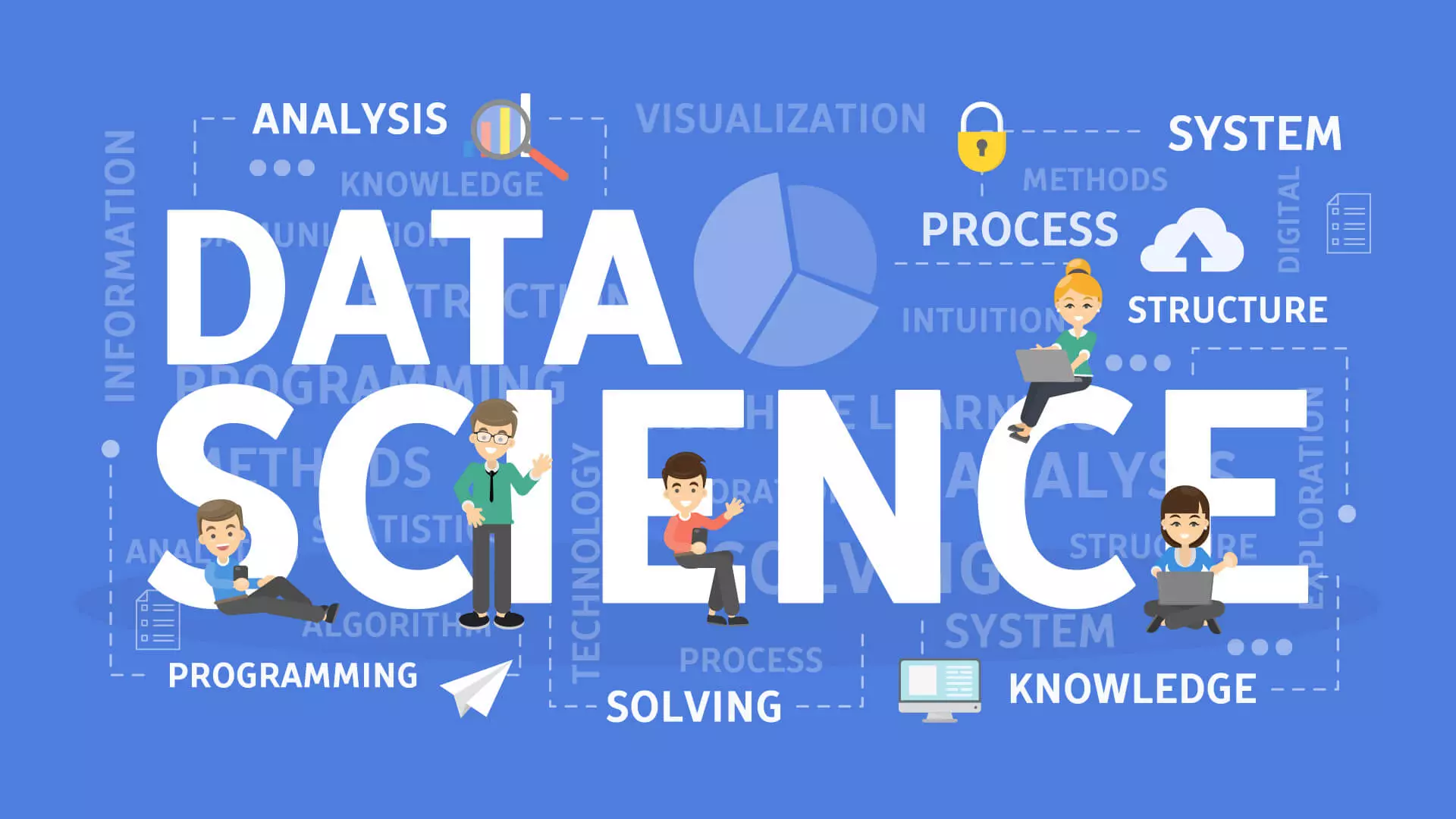Talking Data: What do we need for engaging data analytics?
Introduction
"According to incomplete statistics, the proportion of white hair of data workers is higher than the average of the same age group." by a data worker
Data, a familiar but mysterious word, has become a totem pursued by everyone. Managers love fancy data reports, data analysts are keen on building complicated statistical models, and salesmen take dashboards as compasses to see whether they can complete their KPIs. Since over ten years ago, the data industry has been developing fast, and there have been some novel yet formidable jargons, such as Big Data, Data Science, Data Lake, Data Mesh, Data Governance. Yet the "traditional" terms are still abstruse: Data Warehouse, Business Intelligence, Data Mart, Data Mining. What is more headachy is that many people are still unable to understand their relationship with recently popular concepts such as Artificial Intelligence, Machine Learning, and Deep Learning. These hot buzzwords are the results of aggressive development in the data area.
Professional Doctor or Fortune Teller?
Years ago, with the rapid development of the Internet industry, the bubble of the data industry was getting larger. Data, the by-product of the Internet applications, has large volumes and diversities. Data owners would like to get the most out of it and regard it as the gold mine. Therefore, data mining engineers became one of the most popular professionals. Later, a brand new yet more popular position Data Scientist emerged as "the sexiest job in the 21st century".

The popularity of data scientists is its requirement for abilities and experience in various areas:
- Programming Skills: at least able to use Python or R to do data cleansing, analysis and modeling.
- Mathematics and Statistics: familiar with probability theory, calculus, and discrete mathematics.
- Business Knowledge: deep understanding of market, process and macro trends in related areas.
- Communication Skills: able to convey insights and analysis results in a human-friendly way.
